Mildly Enlarged Heart In Cats
HCM is most commonly a progressive disease and findings that suggest a worse prognosis include congestive heart failure thromboembolism and hypothermia low. An enlarged heart in cats can be a sign of heart disease.

What Does An Enlarged Heart Mean For Cats
Dilated Cardiomyopathy DCM causes the heart muscle to weaken which results in the heart becoming enlarged and contracting or moving blood weakly.
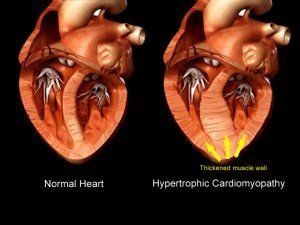
Mildly enlarged heart in cats. Cats that do not display any clinical signs are often able to survive for years with only mildly compromised heart function. This condition is uncommonly seen these days due to the fact that cat food manufacturers have been routinely adding an important amino acid called taurine to their cat food products. Poor cardiac output signs may predominate in some cats so that they present with hypotension hypothermia and bradycardia essentially cardiogenic shock without marked fluid retention.
Signs of heart disease in cats include trouble breathing sudden inability to use one limb and crying lack of appetite weight loss and lethargy. This reduces the volume of blood within the heart and also prevents the heart. Cardiomegaly is a broad term used to describe any condition that causes an enlarged heart.
Lethargyweaknessinactivity Difficulty with or discontinuing exercise Shortness of breath or difficulty breathing possibly accompanied by fluid buildup in the lungs and chest Sudden. Finally the presence of pericardial effusion was noted. This increase causes the heart to become overloaded the contractions of the heart weaken and therefore blood is not pumped through the body.
Cats with enlarged hearts will often have a broad range of symptoms and depending on the age of the cat these could be mistaken for simply a sign of being elderly. It is characterised by dilated or enlarged heart chambers and reduced contraction ability. The disease will usually affect cats between the ages of 2 to 20 years.
An enlarged heart or dilated cardiomyopathy DCM is a heart disease that affects the ventricular muscle. Heart disease in cats is common and is a common cause of sudden unexpected death in cats. Ages of cats affected.
A congestive heart failure in cats is commonly known as cat enlarged heart. Heterogeneity of hypertrophic heart disease in cats was suggeted This study documents using two-dimen- sional echocardiography the morphologic heterogeneity. This increase causes the heart to work harder to pump the same amount of blood resulting in decreased efficiency and possibly heart failure.
The average age of onset is ten years old. An enlarged heart is a condition in cats in which the muscle of the heart increases in size due to many different possible causes. SYMPTOMS OF DCM IN CATS.
There are several possible symptoms of heart problems in cats that cat owners can be on the lookout for including. While there are many different types of heart disease hypertrophic cardiomyopathy or HCM is by far the most commonly diagnosed cardiac problem in cats. Hypertrophic cardiomyopathy HCM this is the most common form of heart disease in cats and occurs where there is an increase in the thickness of the muscular wall of the heart.
The enlargement takes place when the cats heart cannot keep up with the demands of its bodys circulation. A lack of taurine a type of amino acid in the cats diet can affect its heart. However most cats eating high-quality commercial cat food should not have this deficiency.
Mildly enlarged l mod- erately enlarged 2 or markedly enlarged 3. This condition is one of the more serious cat heart problems. A cat with an enlarged heart is at risk for developing a number of health problems and as a pet parent it is useful to be aware of the different types of cardiomegaly the dangers and what you can do to prevent and treat the condition.
And it is important to remember that thyrotoxic heart disease and hypertrophic cardiomyopathy another common type of heart condition in cats are not mutually exclusive. Cats with dilated cardiomyopathy are rarely diagnosed while asymptomatic and generally present with a varying combination of output failure and congestive signs. HCM occurs when the muscle of the left ventriclewhich is responsible for pumping oxygenated blood to the rest of the bodybecomes abnormally enlarged or thickened reducing the hearts ability to function properly.
Learn more about what an enlarged heart means for cats.

Hypertrophic Cardiomyopathy In Cats Texas West Animal Health
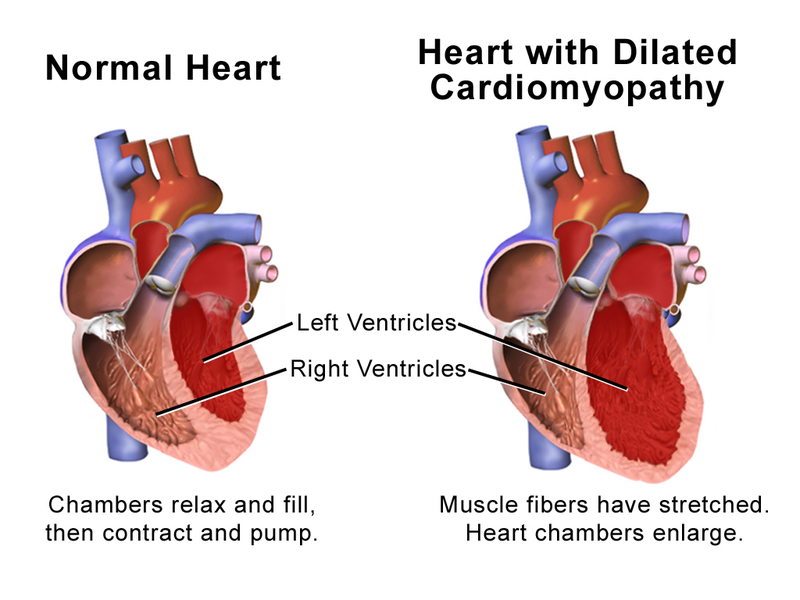
Cardiomyopathy In Dogs Heart Disease Signs Symptoms
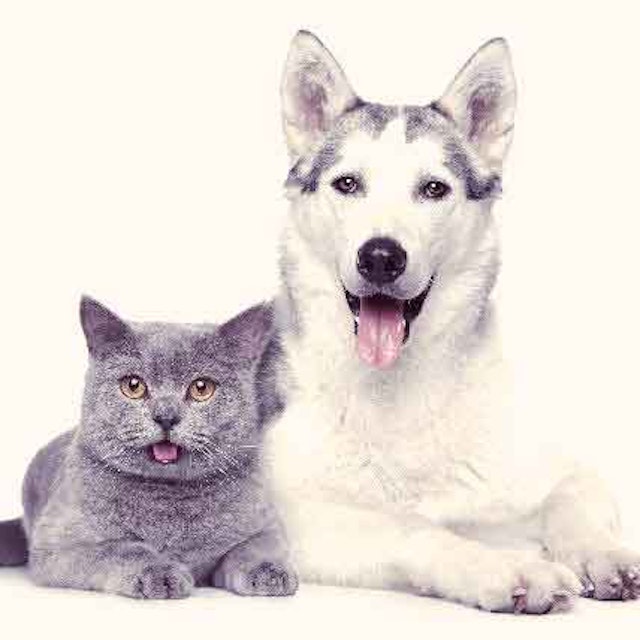
3 Dangers Of An Enlarged Heart In Cats Petcarerx
Feline Cardiomyopathy Establishing A Diagnosis Walthamosu2002 Vin

Disorders Of The Feline Spleen Tufts Catnip

Pancreatitis In Cats Vca Animal Hospital

Liver Problems In Your Cat Bishops Stortford Vets

Heart Diseases Cats Heartsmart
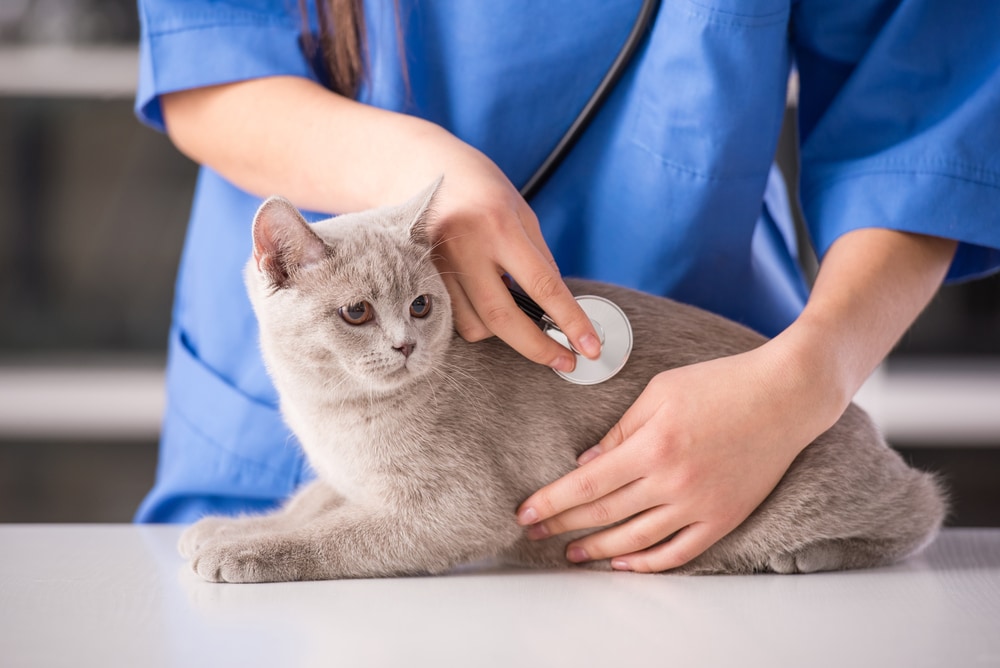
Enlarged Heart Dilated Cardiomyopathy In Cats Petmd
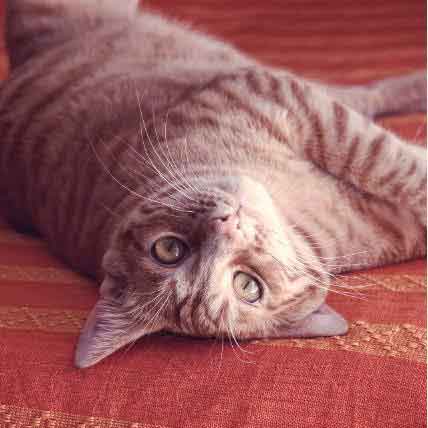
3 Dangers Of An Enlarged Heart In Cats Petcarerx

Pin On In Loving Memory Of The Dogs And Cats That Didn T Have A Chance

Cat Health Facts What Do You Mean It S My Spleen Catster

When Lymph Nodes Are Enlarged Tufts Catnip
111 Vertebral Heart Size Vhs Dr Buchanan S Cardiology Library Vin

Heart Disease In Cats Causes Diagnosis And Treatment

Heart Diseases Cats Heartsmart
Hypertrophic Cardiomyopathy Hcm Rocky Mountain Veterinary Cardiology

Approaching Cases Of Congestive Heart Failure In Cats Veterinary Practice

Acquired Heart And Blood Vessel Disorders In Cats Cat Owners Veterinary Manual
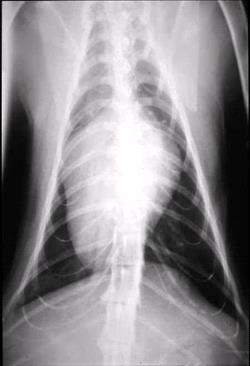

Post a Comment for "Mildly Enlarged Heart In Cats"